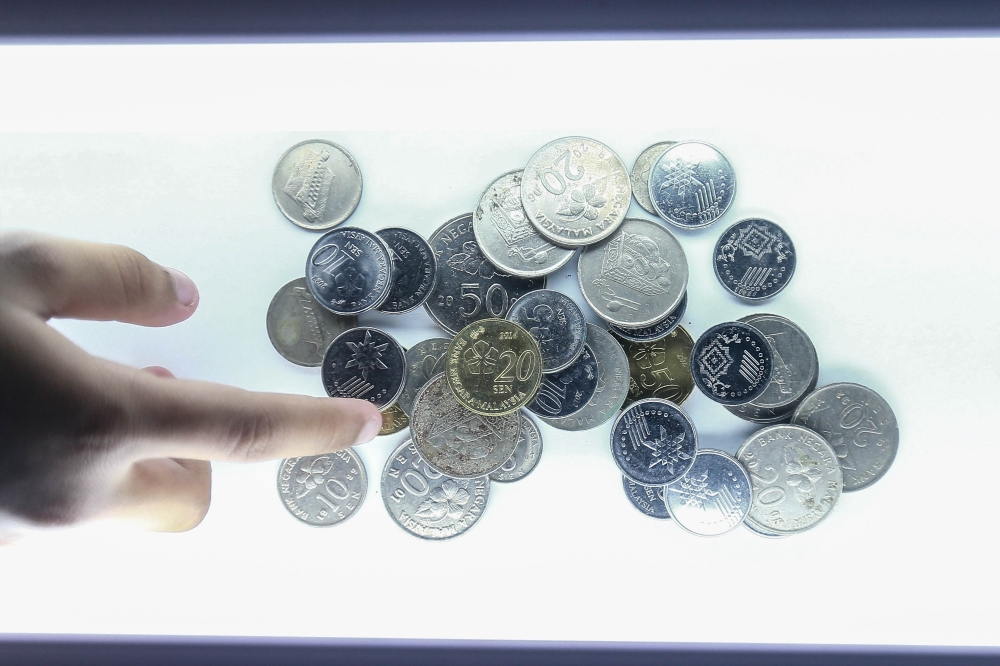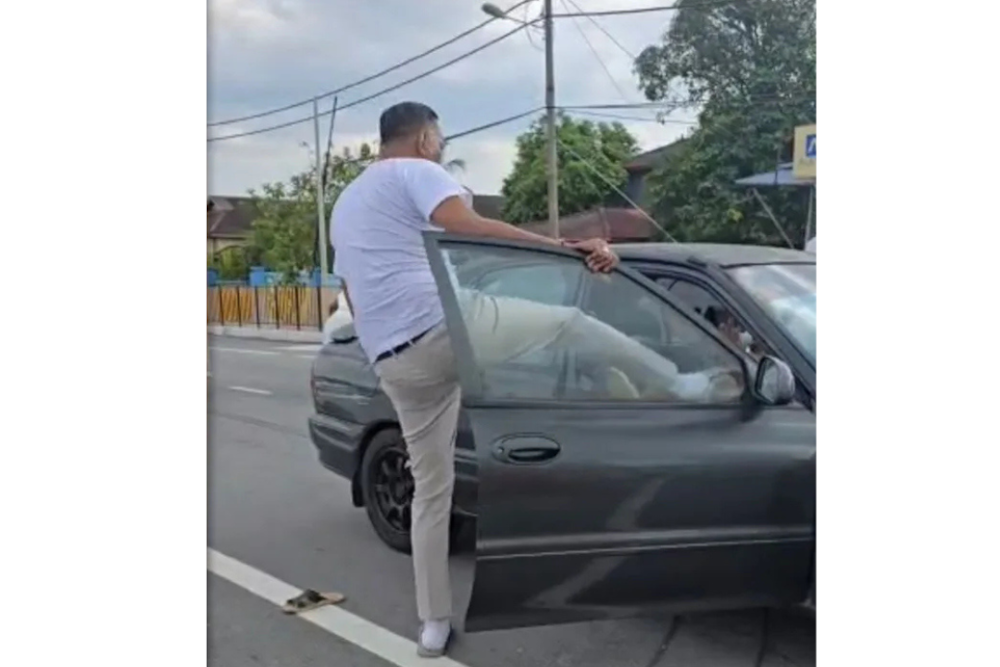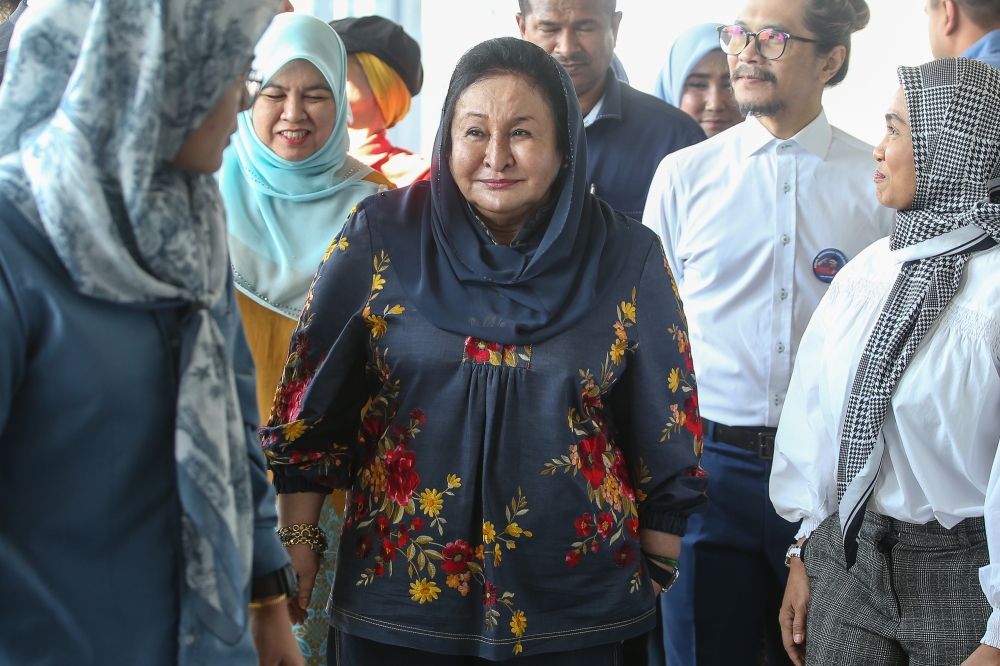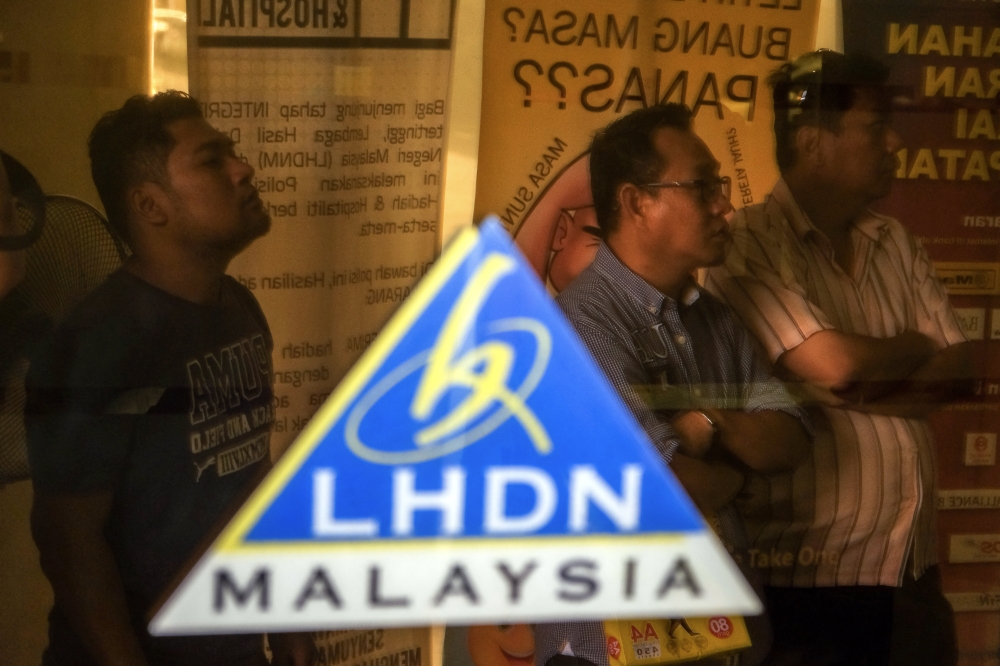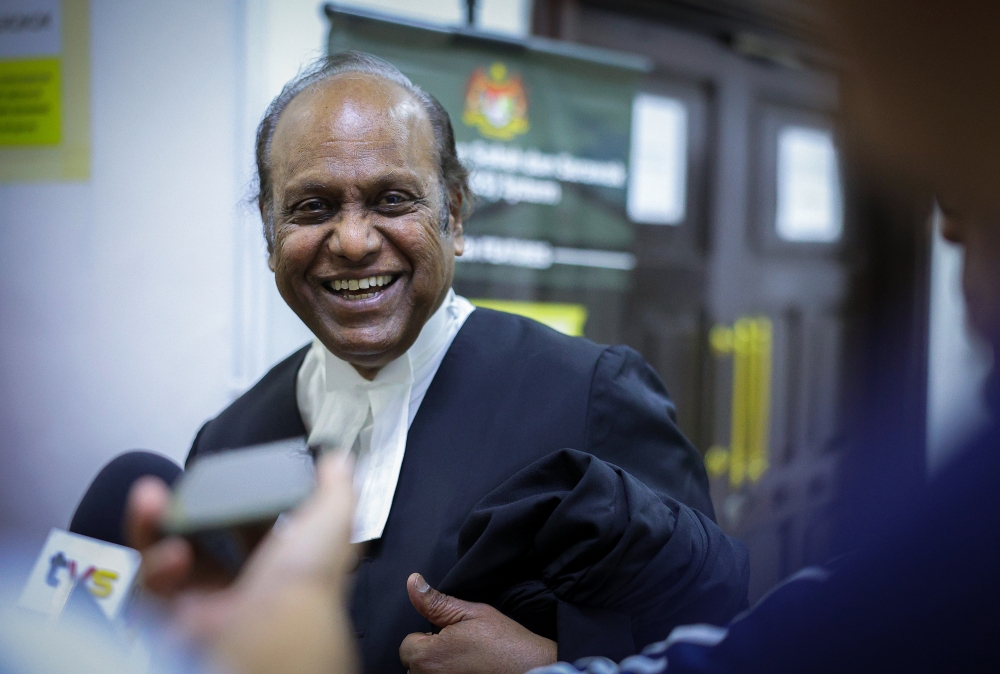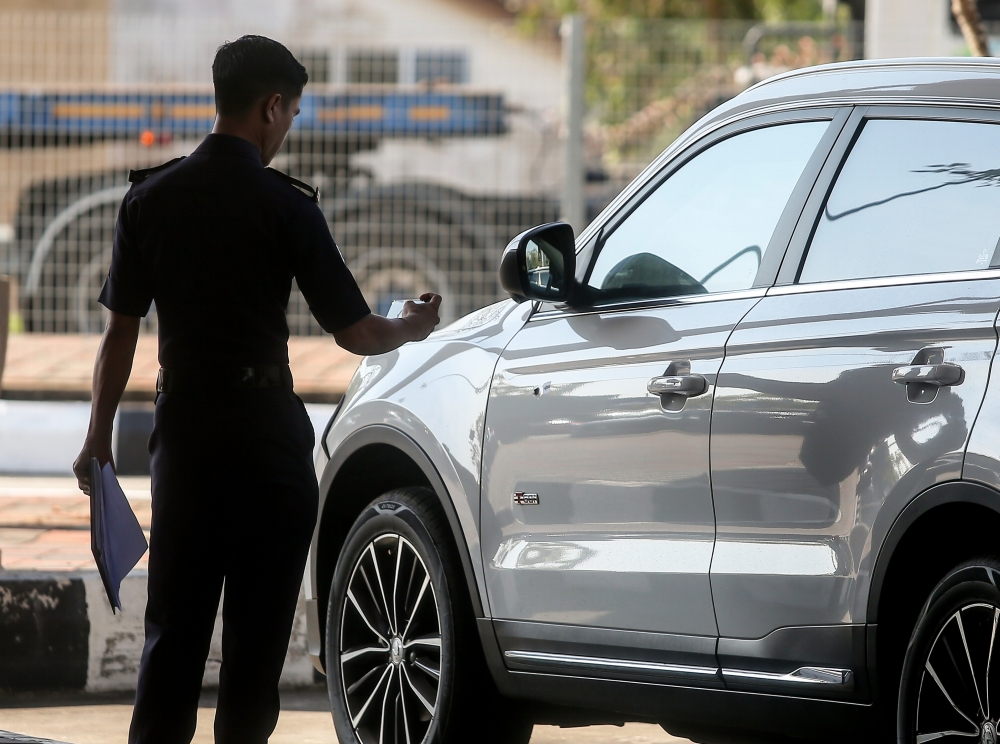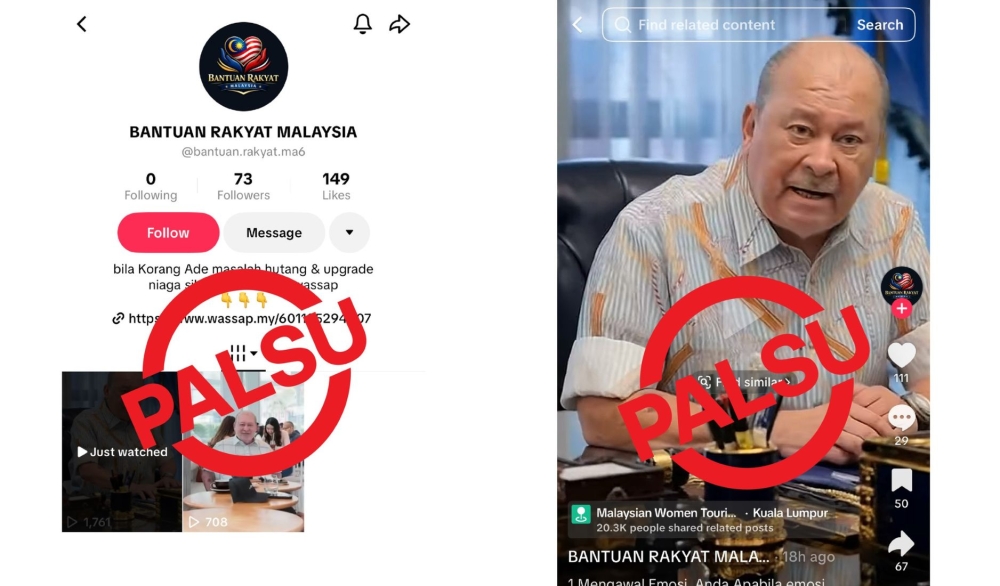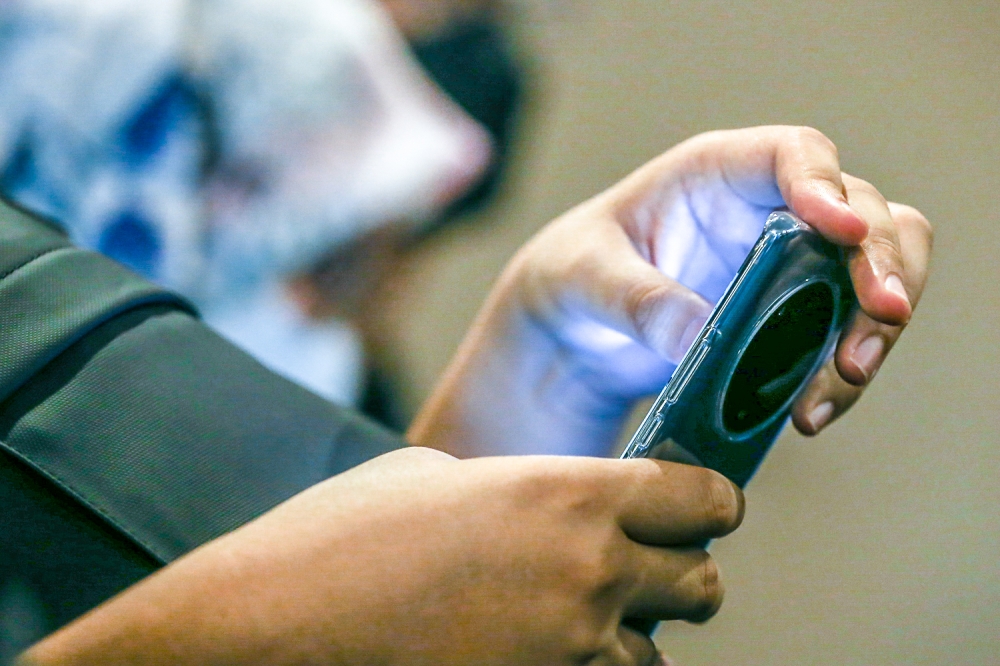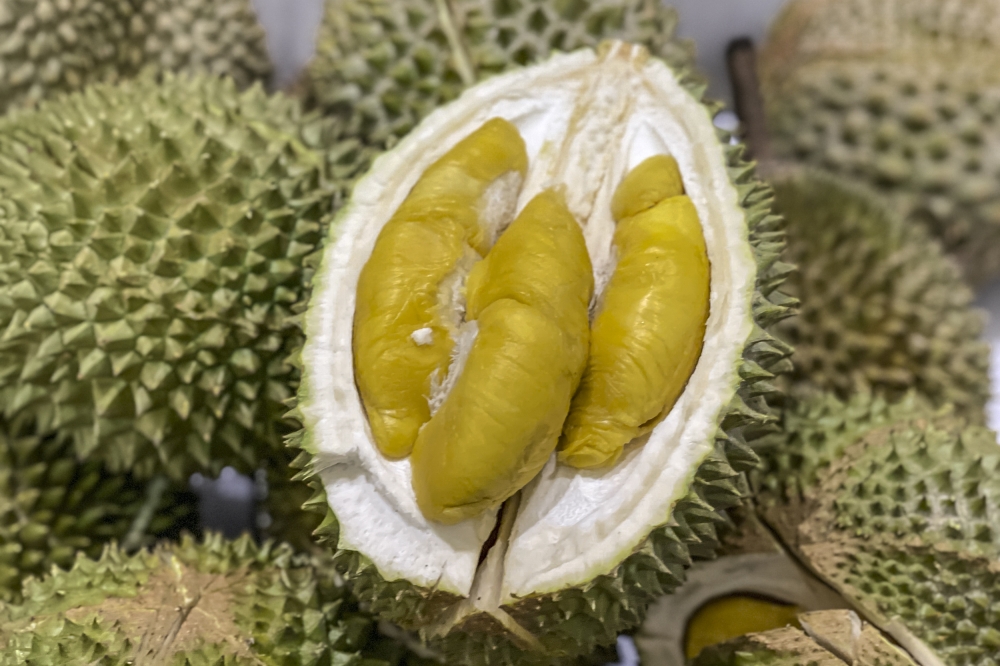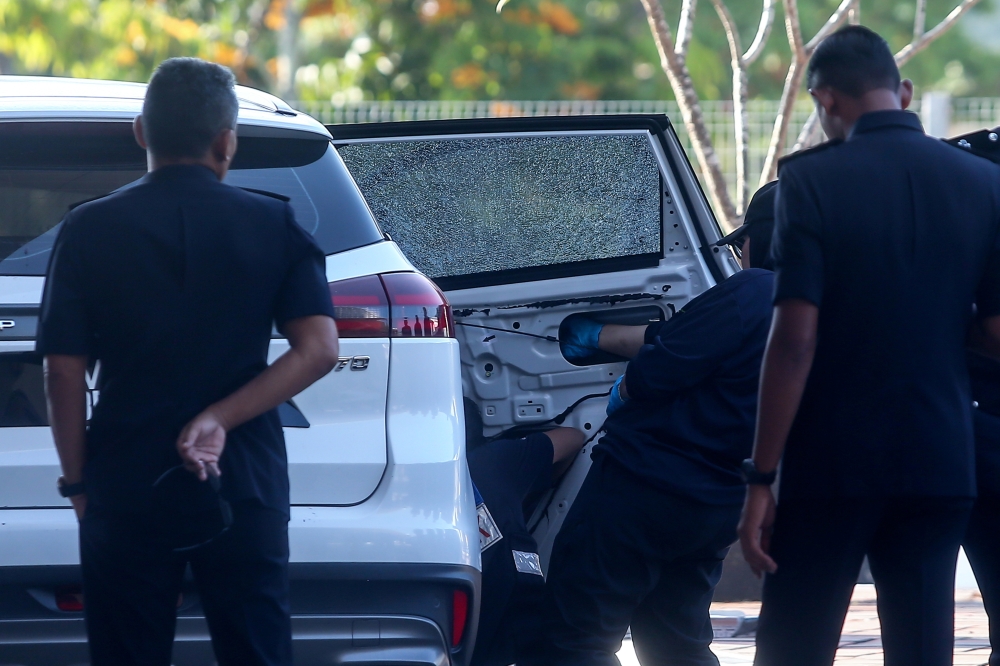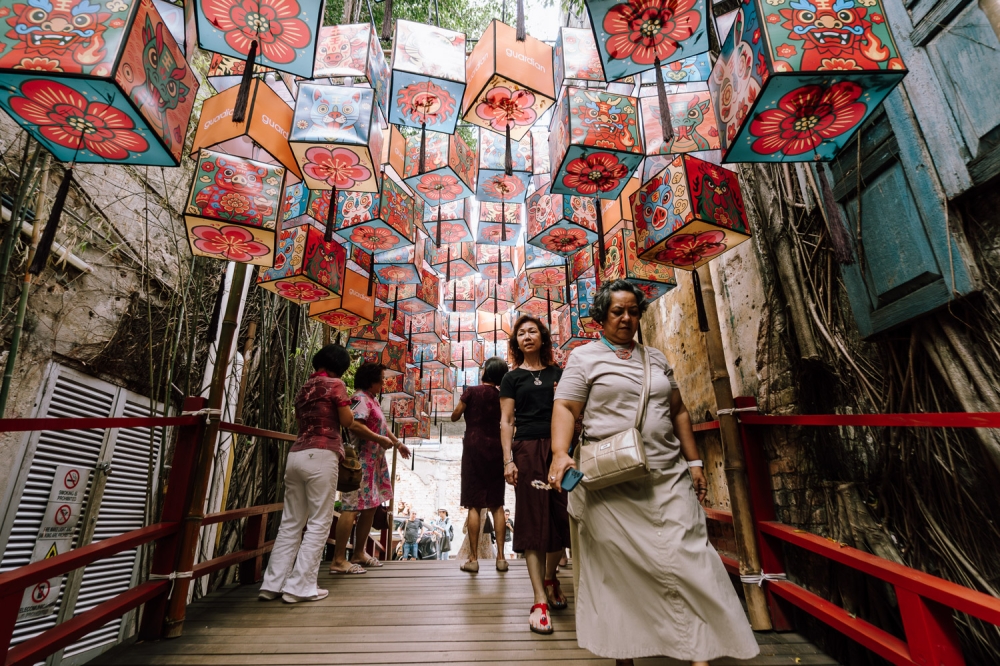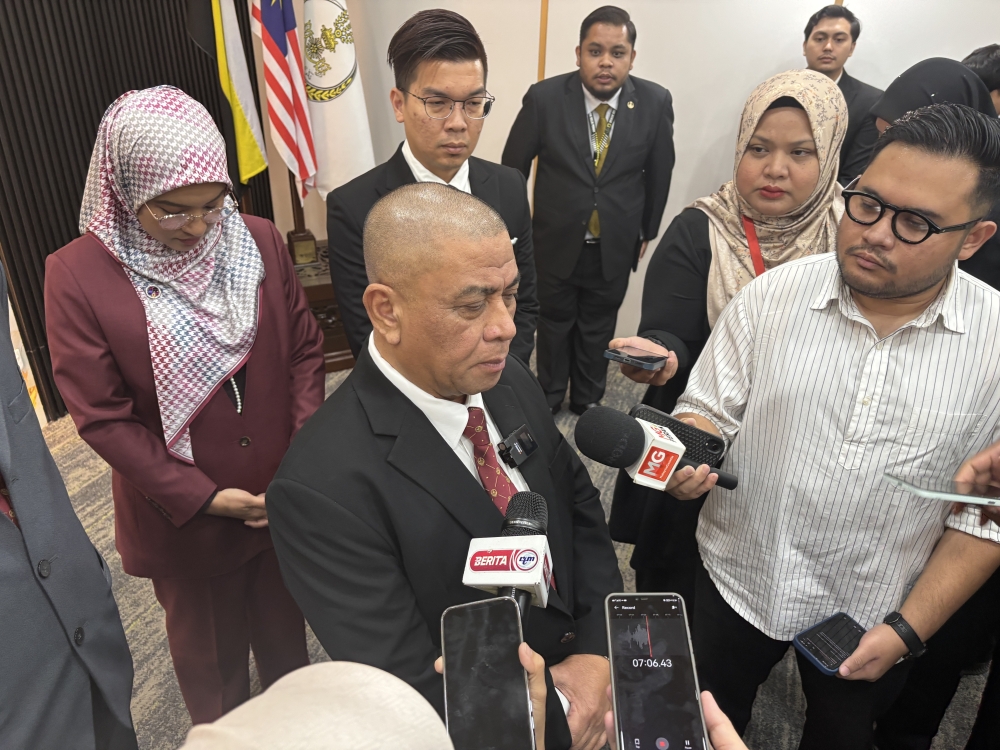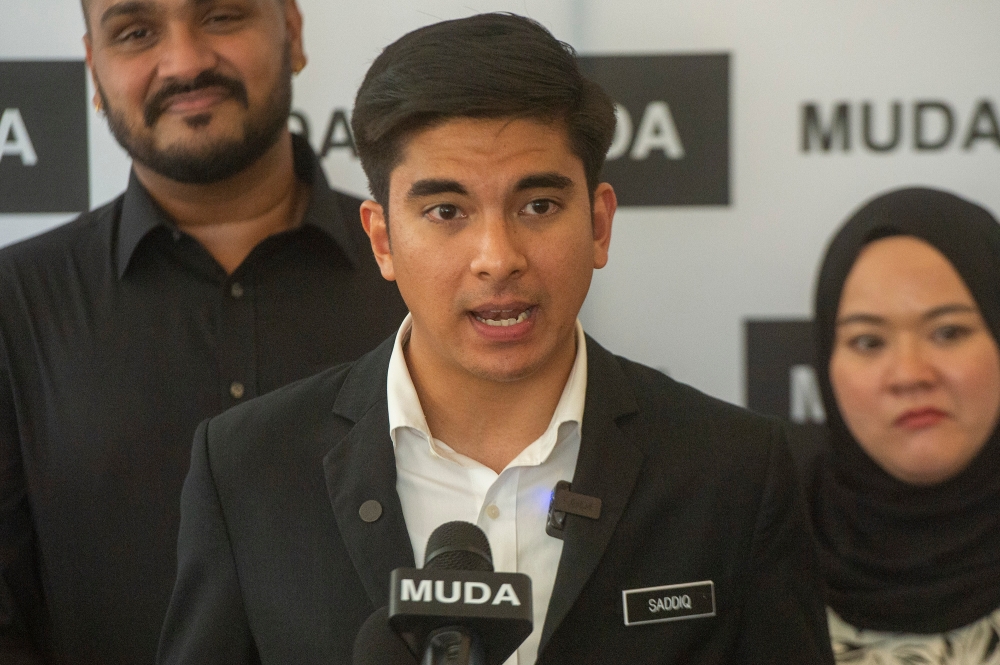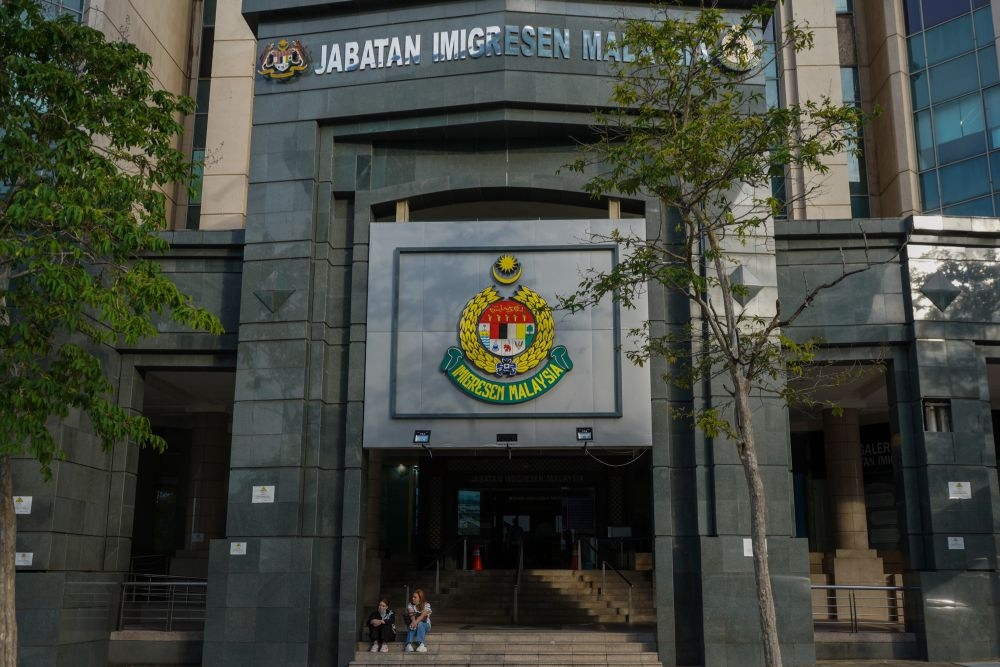KUALA LUMPUR, March 13 — Malaysian United Democratic Alliance (Muda) leaders today again questioned the government over its decision to rush through its proposed amendments to Malaysia’s citizenship law, branding the move as regressive.
Muar MP Syed Saddiq Abdul Rahman, who is the party’s former president, warned that the amendment will result in intergenerational suffering, as it would affect many children waiting for their Malaysian citizenship.
“To be frank and honest, I do not understand the rationale of the government because many of those in government today have spoken out on this matter when they were in Opposition, on ensuring mothers get the defence which they deserve, and that they are treated as equal partners and citizens in this country, but at the same time to ensure that foundlings’ issue of statelessness will not suddenly be a regressive path while we take one step forward.
“On this issue, we need to show compassion, because in the end, it will not just affect thousands of people. This is an intergenerational issue and if the regressive constitutional amendments are made, it means that from this generation to another, tens of thousands will be affected and will not be given the humanity they deserve. So I will reject it,” he told the media outside Parliament here, after meeting members from his party and accepting their memorandum objecting to the proposed legal amendments by the Home Ministry.
Syed Saddiq said that those who are defenceless should not be affected by the “colour of politics”.
“It can be a quick decision that can be done in one day, but that one-day decision will lead to intergenerational suffering and let’s stop this together,” he added.
On Monday, Home Minister Datuk Seri Saifuddin Nasution Ismail said that he is currently briefing federal lawmakers on the proposed amendments to Malaysia’s citizenship laws and is confident of canvassing enough support for their passage through Parliament.
Article 15A of the Federal Constitution currently provides the government special powers to register persons under 21 years of age as citizens while Section 19B from part three of the Second Schedule obliges the government to confer citizenship automatically to foundlings.
However, the proposed amendments by the government would change the entitlement to a process of registration with an age limit, which is also subject to the approval of the home minister.
When proposing the amendments last October, the government said it would address problems plaguing foreign-born children of Malaysian women with non-citizen husbands, who do not automatically gain citizenship, unlike the offspring of Malaysian men in similar circumstances.
Civil society groups have objected to the proposed amendments that would also affect children born out of wedlock to Malaysian men, stateless children adopted by Malaysian parents, foundlings or children who were abandoned (including those abandoned upon birth), and families with generations of stateless children born in Malaysia.
The amendment that would affect foundlings and abandoned children involves Section 19B, Part III of the Second Schedule which sought to amend from citizenship by “operation of law” to citizenship by “registration”.
The effect of this amendment would be that foundlings and abandoned children will no longer be entitled to automatic citizenship.
MPs, notably Pasir Gudang MP Hassan Abdul Karim and Bukit Gelugor MP Ramkarpal Singh, had also voiced their concerns over the proposed amendments.
Members from Muda today marched to Parliament from the National Monument to hand over their memorandum objecting to the planned constitutional amendments. The memorandum was received by Syed Saddiq and DAP's Bukit Bendera MP, Syerleena Abdul Rashid.
During the press conference outside Parliament, Muda acting president Amira Aisya Abd Aziz along with activists Wong Kueng Hui and Siti Rahayu Baharin, popularly known as Cikgu Rahayu, expressed their concerns with the proposals.
Wong called these a fundamental departure from what was spelled out in the Federal Constitution regarding citizenship.
“I want to emphasise that citizenship is a right, not a gift. The existing Federal Constitution [amended] in 1963, through the foresight and humane kindness of Tunku Abdul Rahman, had already considered the situation in which a Malaysian child can be trapped in a stateless situation.
"So, this amendment is not in line with the original vision of Tunku and also the reform agenda of the Madani government reform agenda," said Wong, who was once stateless.
He said that the proposed amendment would harm various groups of stateless people, including indigenous Orang Asli and East Malaysia natives who fell into this group due to incomplete or improper documentation.
Saying they were already trapped in a “bureaucratic limbo,” Wong said the amendments meant they would also have no way to ever escape.

